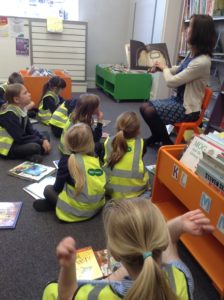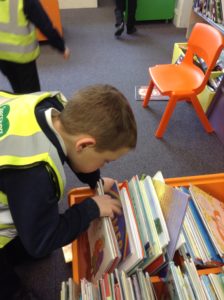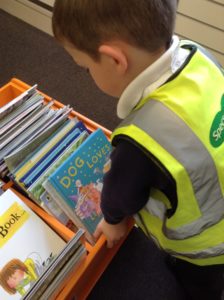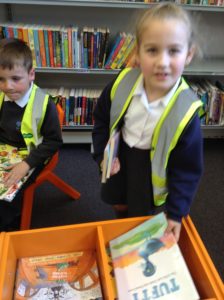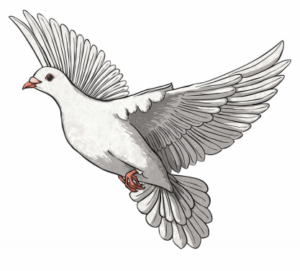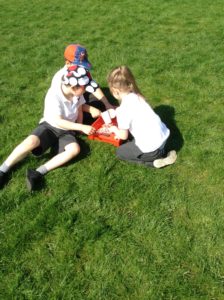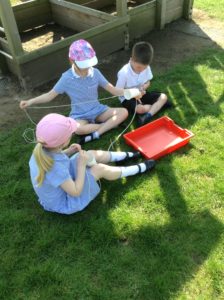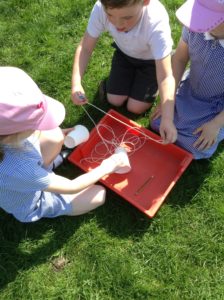At St James’ CE Primary, we’re always keen to hear your views. Most parents and carers are happy to let us know at any point if something’s gone wrong – and even sometimes when things have gone well! However, it’s always useful to collect your views on some standard questions – the same questions that Ofsted use during inspections.
We ask that you visit the survey site and respond to a series of statements – either agree / agree strongly or disagree / disagree strongly (or say that you don’t know). The statements include:
- My child is happy at school.
- My child feels safe at this school.
- My child makes good progress at this school.
- My child is well looked after.
- My child is taught well.
There’s also the opportunity to add any comments you may have. The survey should take you about five minutes – maybe a bit longer if you add lots of comments. The survey is open until 11 June.
The results of the survey are used by school leaders, including the governing body, to shape what we do in the future – your views do matter.
As always, if you’ve any questions, comments of concerns, do let us know.

